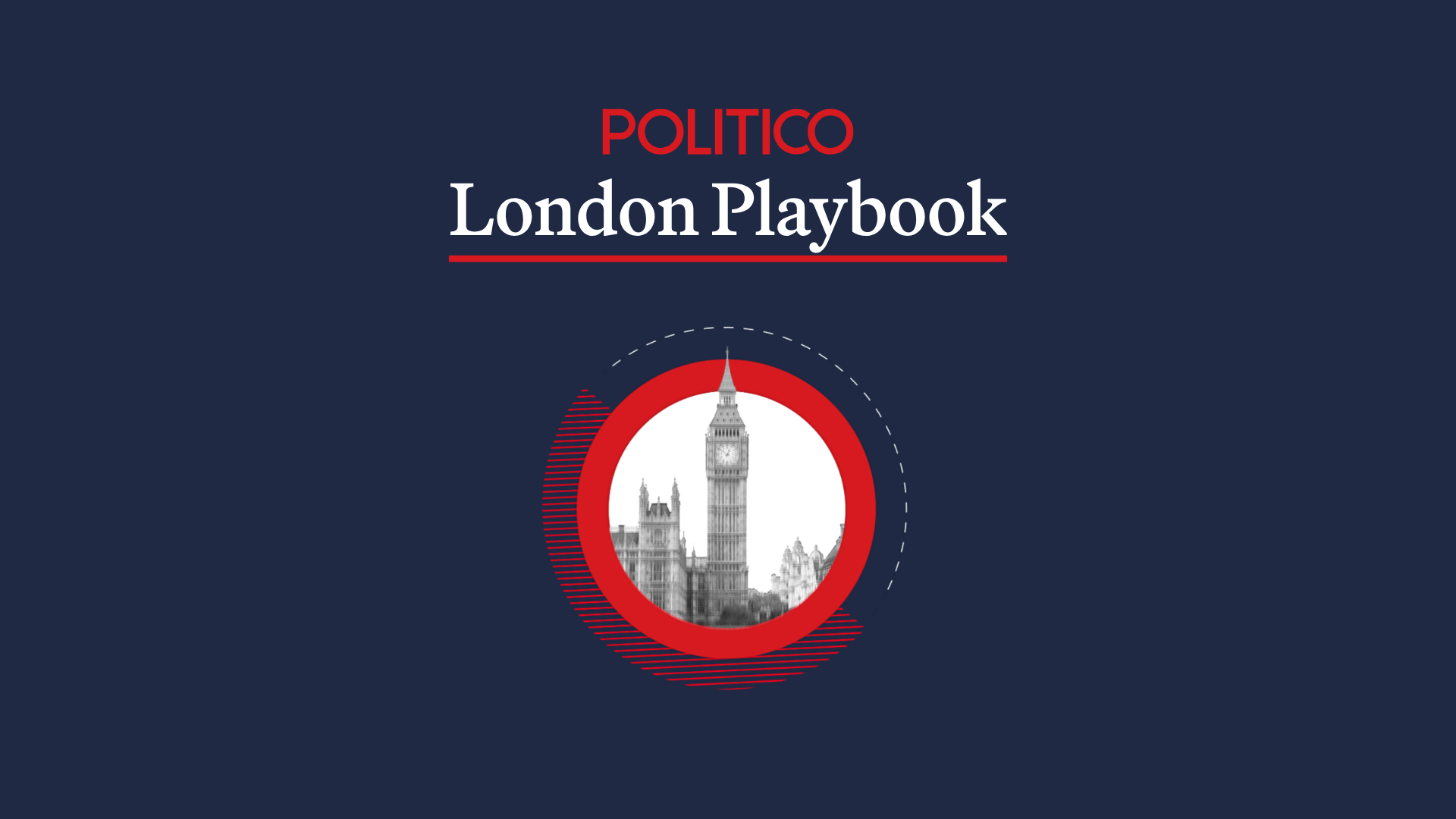The delicate tightrope walk of the UK Politics scene is acutely demonstrated by the ongoing debate surrounding the potential recognition of a Palestinian state, a diplomatic move fraught with complexity given the persistent issue of Israeli Hostages in Gaza. Labour leader Keir Starmer finds himself at the nexus of this critical discussion, facing scrutiny over his evolving stance.
Downing Street continues to navigate this sensitive issue with considerable caution, deliberately avoiding a definitive declaration on whether the recognition of Palestine is contingent upon the release of all captives. The Prime Minister’s public statements often underscore the paramount importance of freeing the remaining hostages, yet a direct affirmation of this as an explicit condition for Palestinian statehood remains elusive. This position is particularly resonant for the families of those held captive, who seek clear commitments.
The government’s reluctance to provide a straightforward answer stems from a stated policy of not engaging in negotiations with what it classifies as terrorist organizations, specifically Hamas. Business Secretary Jonathan Reynolds articulated this difficult position, explaining that placing conditions on Hamas through such diplomatic gestures risks validating their actions. This creates a challenging paradox for UK Diplomacy, balancing humanitarian concerns with firm counter-terrorism principles.
Within the parliamentary corridors and among legal experts, the discussion around the Palestine Recognition intensifies, often touching upon interpretations of international law. Critics, including figures like Conservative Michael Ellis, question the consistency of applying international legal frameworks, particularly when comparing the approach to the Gaza Conflict with other historical disputes. This underscores the profound legal and ethical dilemmas confronting lawmakers.
The international landscape further complicates the UK’s position, as other nations, such as Portugal, signal their intent to consider recognizing a Palestinian state independently. Meanwhile, the assertive intervention of US President Donald Trump, who publicly threatened Canada over its own moves towards Palestinian recognition, highlights the significant geopolitical pressures exerted by key global players on the issue.
Beyond the core debate on Palestine, the day’s political playbook includes other significant developments that underscore the diverse challenges facing the government. Discussions surrounding the release of the Epstein files, championed by figures like Nigel Farage, continue to cause political tremors, showcasing how seemingly disparate issues can converge and influence the broader political discourse.
Ultimately, the multifaceted nature of these domestic and international political challenges places considerable demands on UK leadership. From navigating the complexities of the Middle East to managing public services and economic policy, the government finds itself in a constant balancing act, with Government Policy under continuous public and political scrutiny.






Leave a Reply